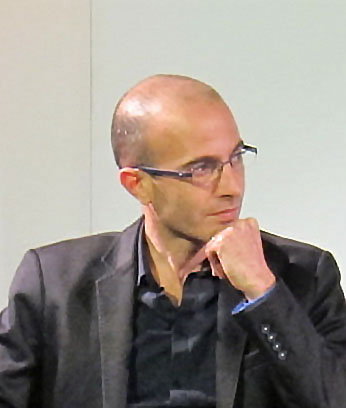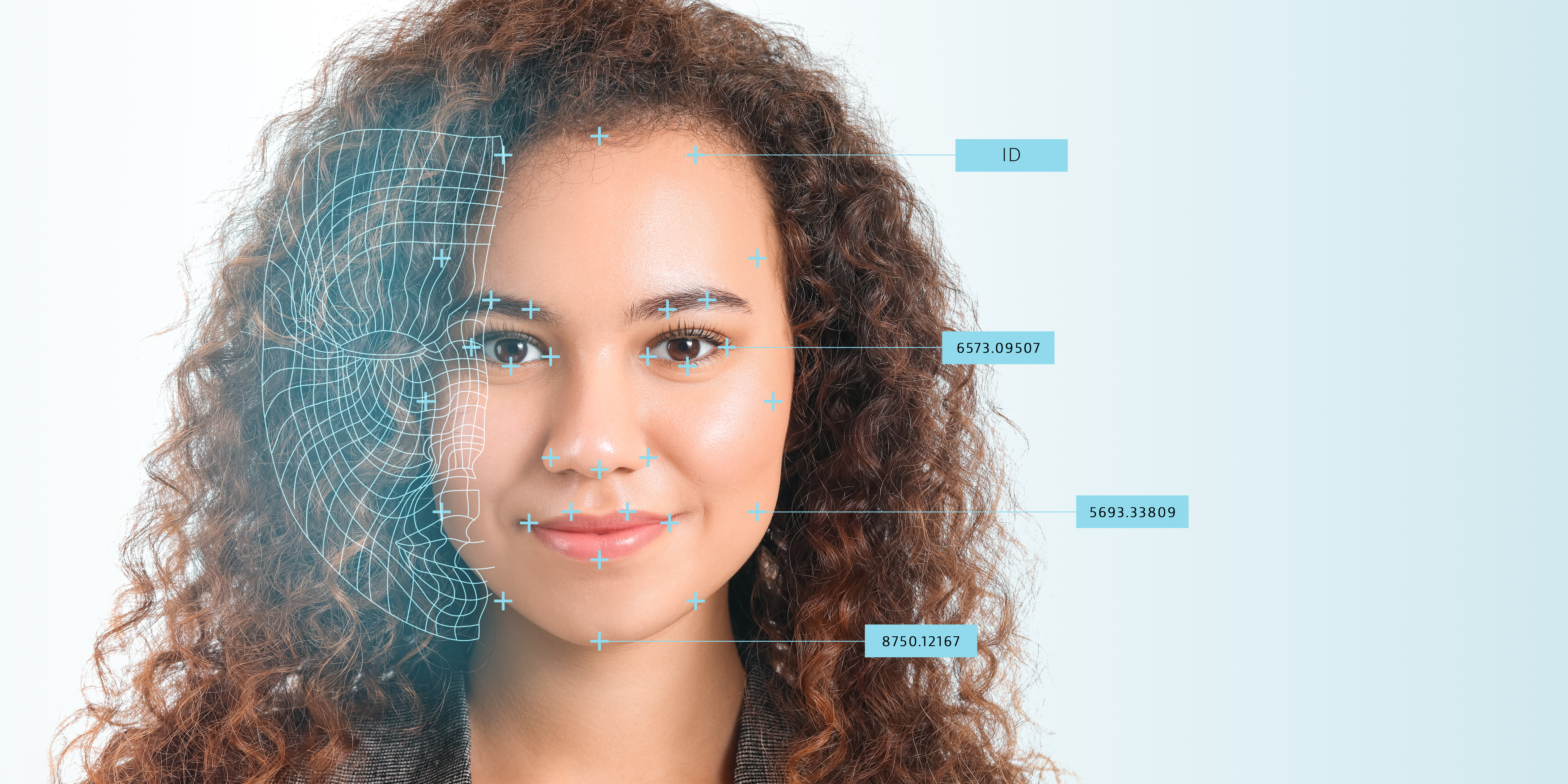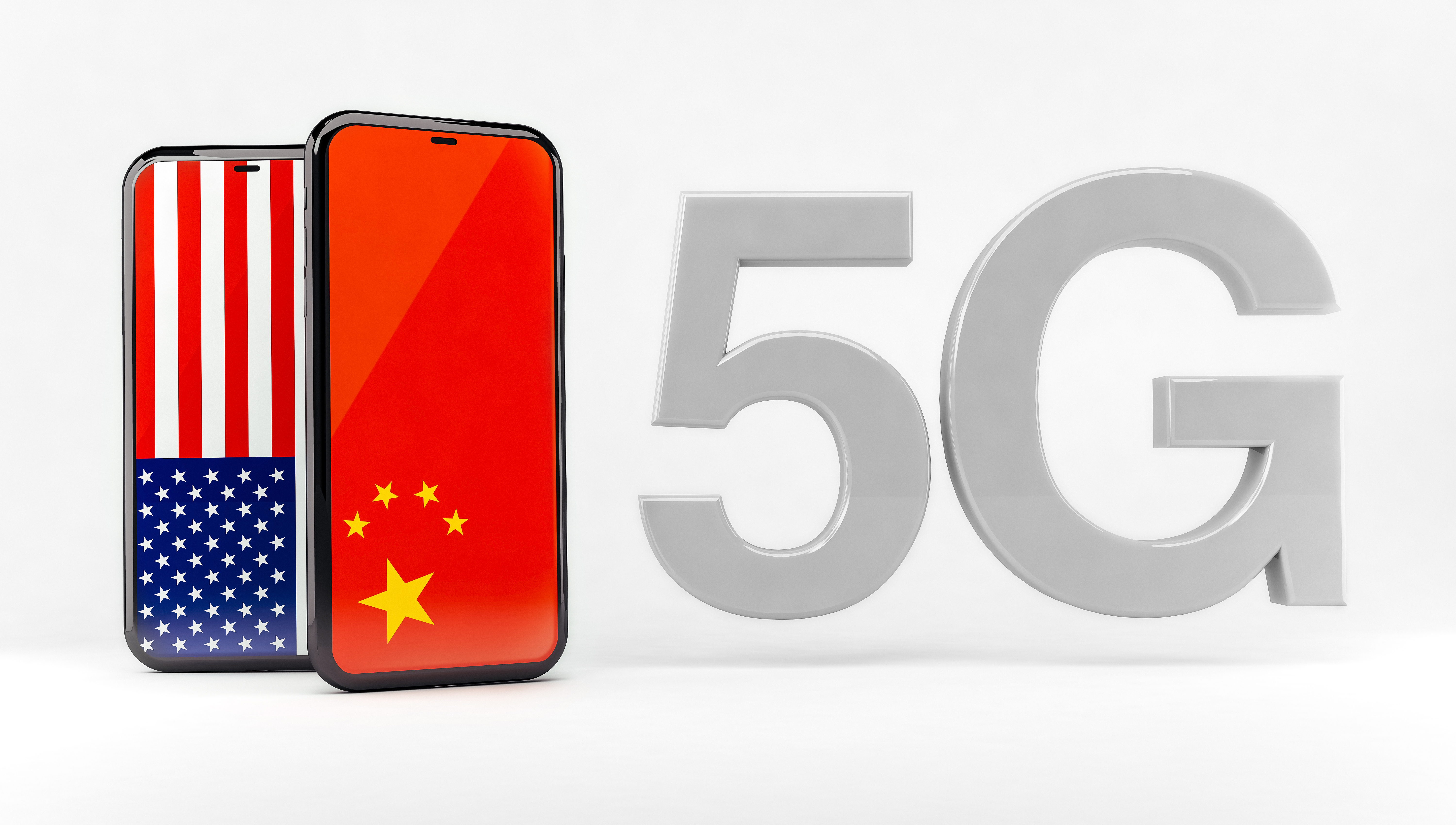AI-enhanced humans – the end of humanity? Meta/Facebook shocker as company pulls back on facial recognition. More shots fired in tech war with China.
Welcome to the fifth issue of Emerging Tech Law — a slightly irreverent view of regulatory developments (and other interesting stuff) relating to emerging technologies including AI, IoT, robotics, blockchain/crypto, 5G, artificial/virtual/extended reality (and the metaverse), biotech and quantum computing.
In this issue:
· Virtual debate: AI-enhanced humans – end of humanity or the beginning of utopia?
· Shocker: Meta/Facebook drops facial recognition.
· The purge begins: Small U.S. telecoms begin ripping out Huawei and ZTE equipment, as tensions with China grow.
“Life doesn’t always present you with the perfect opportunity at the perfect time. Opportunities come when you least expect them, or when you’re not ready for them. Rarely are opportunities presented to you in the perfect way, in a nice little box with a yellow bow on top. … Opportunities, the good ones, they’re messy and confusing and hard to recognize. They’re risky. They challenge you.”
-Susan Wojcicki, CEO of YouTube
ARTIFICIAL INTELLIGENCE
A debate:
The (sad) end of sapiens as we know them
or
Welcome to our awesome cyborg future

He wrote the best seller “Sapiens,” and now historian Yuval Noah Harari is warning that that we may be one of the last generation of Homo sapiens before the earth is dominated by technology-enhanced people who are more different from us than we are from chimps.
CBS News program 60 Minutes featured an interview with Harari in which he talked about the threats from artificial intelligence including the risk that, without regulation, humans may be “hacked” so that others may know more about that individual than the individual knows about himself or herself.
As an example, Harari cited his experience during his teenaged years not realizing he was gay. “Now, if you think about a teenager today,” Harari said, “Facebook can know that they are gay or Amazon can know that they are gay long before they do just based on analyzing patterns.”
Harari’s humanistic outlook in which technology is viewed with caution contrasts sharply with the outlook of pro-technology futurists like Ray Kurzweil, the author of the 2005 classic “The Singularity Is Near: When Humans Transcend Biology” in which Kurzweil positively portrays a future in which biological humans meld with technology, particularly artificial intelligence
In fact, Harari’s remarks in the 60 Minutes interview counterpose so well with some of Kurzweil’s thoughts in his book that I’ve turned excerpts of them into a virtual debate in the style of Point – Counterpoint, a segment that used to be featured on 60 Minutes (and made more famous by Saturday Night Live).
Re-engineering Humans
Harari and Kurzweil agree that the technological ability to substantially alter (enhance, if you view it positively) humans is progressing rapidly.

Point / Harari: … we will soon have the power to re-engineer our bodies and brains, whether it is with genetic engineering or by directly connecting brains to computers, or by creating completely non-organic entities, artificial intelligence which is not based at all on the organic body and the organic brain. And these technologies are developing at break-neck speed.

Counterpoint / Kurzweil: As the computational power to emulate the human brain approaches—we’re almost there with supercomputers (note: in 2005) —the efforts to scan and sense the human brain and to build working models and simulations of it are accelerating. As with every other projection (in his book), it is critical to understand the exponential nature of progress in this field.
Inequality
Harari and Kurzweil disagree on the potential impact of technology on inequality. Harari fears that it will further the gap between the “haves” and the “have nots,” while Kurzweil dismisses the concerns.
Point / Harari: One of the dangers is that we will see in the coming decades a process of … greater inequality than in any previous time in history because for the first time, it will be real biological inequality. If the new technologies are available only to the rich or only to people from a certain country then Homo sapiens will split into different biological castes because they really have different bodies and – and different abilities.”
Counterpoint / Kurzweil: Each example of information technology starts out with early-adoption versions that do not work very well and that are unaffordable except by the elite. Subsequently the technology works a bit better and becomes merely expensive. Then it works quite well and becomes inexpensive. Finally, it works extremely well and is almost free.
Consciousness
Harari fears that technology will be able to outthink humans but without the moral limitations imposed by consciousness. Kurzweil believes that consciousness is challenging to define but that machines will be capable of having emotional and spiritual experiences, just as humans do today.
Point / Harari: Maybe the biggest thing that we are facing is really a kind of evolutionary divergence. For millions of years, intelligence and consciousness went together. Consciousness is the ability to feel things, like pain and pleasure and love and hate. Intelligence is the ability to solve problems. But computers or artificial intelligence, they don’t have consciousness. They just have intelligence.
Counterpoint / Kurzweil: Clearly, nonbiological entities will claim to have emotional and spiritual experiences, just as we do today. They—we—will claim to be human and to have the full range of emotional and spiritual experiences that humans claim to have. And these will not be idle claims; they will evidence the sort of rich, complex, and subtle behavior associated with such feelings.
Regulation
Harari advocates regulation, particularly of uses of data, before technology progresses much further. Kurzweil notes that regulation could impede development of useful technology but largely dismisses its importance, although he, like Harari, expresses concern about control within a dictatorship or totalitarian state.
Point / Harari: One key rule is that if you get my data, the data should be used to help me and not to manipulate me. Another key rule, that whenever you increase surveillance of individuals you should simultaneously increase surveillance of the corporation and governments and the people at the top. And the third principle is that, never allow all the data to be concentrated in one place. That’s the recipe for a dictatorship.
Counterpoint / Kurzweil: Although the obstructive potential of regulation is an important concern, it has had as of yet little measurable effect on the trends discussed (in his book). Absent a worldwide totalitarian state, the economic and other forces underlying technical progress will only grow with ongoing advances. Even controversial issues such as stem-cell research end up being like stones in a stream, the flow of progress rushing around them
For a deeper dive: Yuval Noah Harari on the Power of Data, Artificial Intelligence and the Future of the Human Race, Sapiens: A Brief History of Humankind, The Singularity is Near: When Humans Transcend Biology.
ARTIFICIAL INTELLIGENCE
Facial recognition

Meta/Facebook makes surprising announcement: Meta, f/k/a Facebook, announced that it is shutting down its facial recognition system and will be deleting more than a billion people’s facial recognition templates.
A blog post by Jerome Pesenti, Meta’s VP of Artificial Intelligence, noted that there are valuable uses for facial recognition platforms including for identity verification and identification of people in photos for people with visual impairments.
“But like most challenges involving complex social issues, we know the approach we’ve chosen involves some difficult tradeoffs,” Pesenti wrote. “For example, the ability to tell a blind or visually impaired user that the person in a photo on their News Feed is their high school friend, or former colleague, is a valuable feature that makes our platforms more accessible. But it also depends on an underlying technology that attempts to evaluate the faces in a photo to match them with those kept in a database of people who opted-in. The changes we’re announcing today involve a company-wide move away from this kind of broad identification, and toward narrower forms of personal authentication.”
Facebook’s decision, however, will not stop companies, such as Clearview AI, from using photos that have been scraped from Facebook pages. Clearview, and other companies, sell their technology to government agencies to power surveillance tools.
The Facebook announcement also did not state that the company would stop using learnings, such as social connections between people tagged in other’s photos or even other data, such as demographics, that may have been gleaned from the photos.
One concern among privacy advocates and legal scholars is that even when data is deleted, for example through a request enabled by a data protection law such as Europe’s GDPR, it may be impossible for the recipient of the request to remove the data from models built on the data.
“For many standard [machine language] models, the only way to completely remove an individual’s data is to retrain the whole model from scratch on the remaining data, which is often not computationally practical,” wrote a group of Stanford professors in a paper entitled “Making AI Forget You: Data Deletion in Machine Learning.”
For a deeper dive: Meta blog post, The Secretive Company that Might End Privacy as We Know it, Making AI Forget You: Data Deletion in Machine Learning.
TELECOM
5G

The great “rip-out” begins: Small U.S. telecom operators are beginning to remove gear supplied by Chinese suppliers Huawei and ZTE from their networks.
Late last month, the FCC opened a program under which it will reimburse small telecom operators for removal of equipment from these two manufacturers, which have been deemed by U.S. government agencies to be a national security threat.
“Trust in our communications systems is fundamental, and to preserve that trust we need to identify threats and mitigate risk,” said FCC Chairwoman Jessica Rosenworcel in a statement. “Today, we are doing just that by opening up a new program that will reimburse providers for the cost of replacing equipment and services that pose a threat to national security.”
Just days before, the FCC announced that it was withdrawing China Telecom’s authority to operate telecom services in the U.S. based on concerns about “significant national security and law enforcement risks” stemming from the company’s ties to the Chinese government.
The measures by the FCC are shots across the bow in the broader “tech cold war” between the U.S. and China that has emerged as the U.S. has sought to curb China’s rise as a significant challenger to U.S. leadership in technology. The larger rift between the two countries emerged during the Trump administration as officials expressed concerns about Chinese equipment being used to siphon off data from the 5G wireless networks being constructed in the U.S. The Biden administration has continued the fight.
The Chinese government has objected to U.S. actions, taking the position that the U.S. is falsely citing national security concerns for what are actually anticompetitive economic measures.
With respect to the FCC’s action against China Telecom a statement from the Chinese Ministry of Industry and Information Technology said, “We urge the US to withdraw its decision to revoke China Telecom’s [operating] authority… stop its wrong action of politicizing economic issues and provide a fair, non-discriminatory environment for Chinese companies to invest and operate in the U.S.”
For a deeper dive: 5G is Where China and the West Finally Diverge and The Digital War: How China’s Tech Power Shapes the Future of AI, Blockchain and Cyberspace (a must-read for understanding the U.S.-China tech war).
ALSO NOTEWORTHY

· Start Spreading the News: NYC Mayor-elect Eric Adams plans to make the city the capital of emerging tech.
“I’m going to promise you … in one year … We’re going to become the center of life science, the center of cybersecurity, the center of self-driving cars, drones, the center of Bitcoins. We’re going to be the center of all the technology,” Adams pledged.
· We’re Good: Last week’s newsletter reported on a spat between the FAA and the FCC over the rollout of 5G on certain frequencies as soon as December. This week, the agencies, along with AT&T and Verizon, are playing nice. The two telecoms are delaying the rollout while concerns about interference with aviation systems are addressed.
· Large fries and a small order of crypto: Get your cold wallets ready. Fast food chains McDonald’s and Burger King announced they’re giving away crypto. McDonald’s is giving away a McRib NFT. Burger King is giving away crypto coins through Robinhood, mostly Dogecoin, although a few people will win a full Bitcoin or Etherum.
Parting Thought:
“If you trace the history of mankind, our evolution has been mediated by technology, and without technology it’s not really obvious where we would be. So I think we have always been cyborgs in this sense. You know, anyone who wears glasses, in one sense or another, is a cyborg. And anyone who relies on technology in daily life to extend their human capacity is a cyborg as well. So I don’t think that there is anything to be feared from the very category of cyborg. We have always been cyborgs and always will be.”
-Evgeny Morozov, Are We Becoming Cyborgs?
Obligatory disclaimer: Any opinions are those of the cited source or the author of this newsletter, not the author’s employer. If for some reason you think any legal advice is given in this newsletter, you’re sadly mistaken.